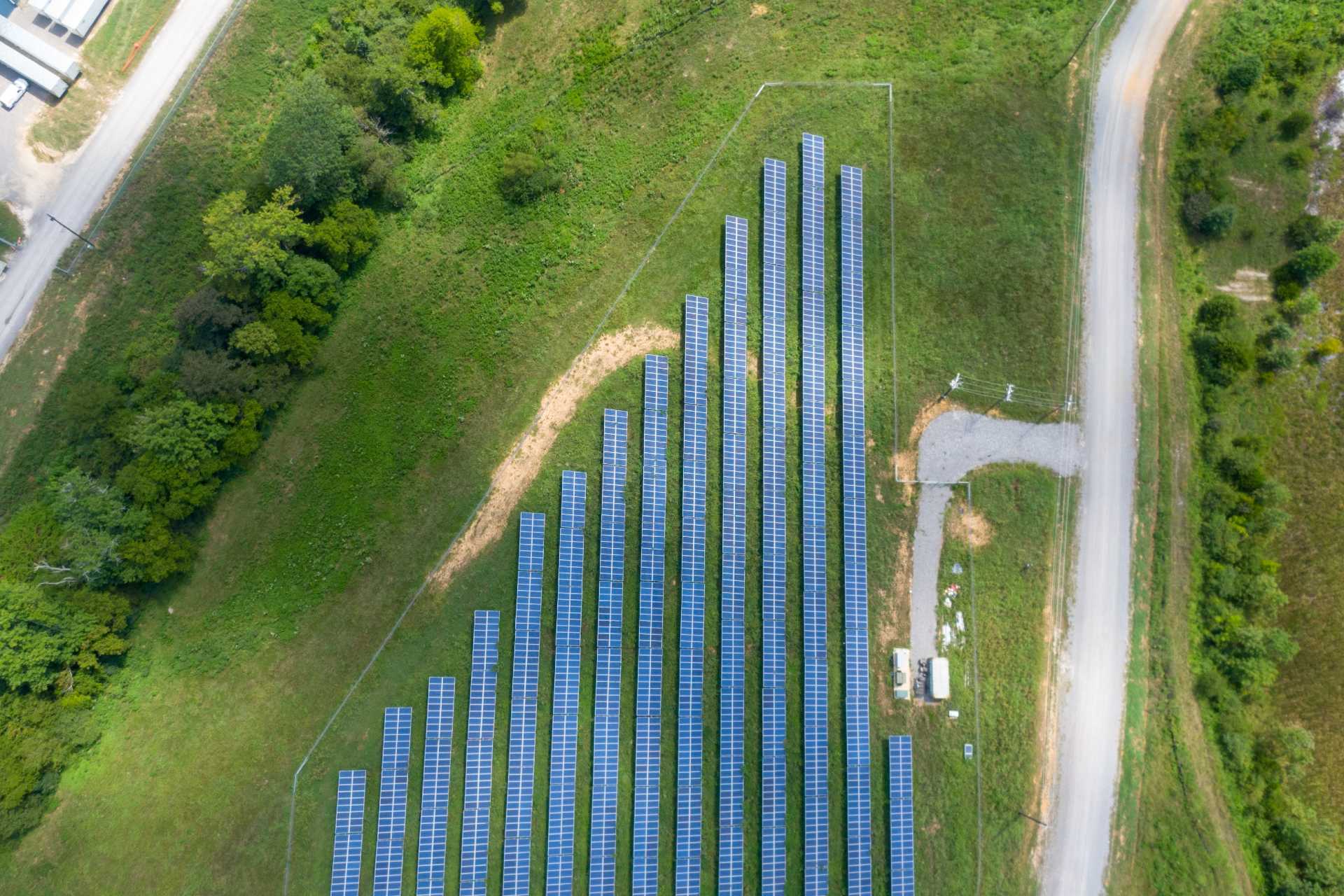The EU has stepped up its ambition on the proportion of energy that must come from renewable sources by 2030. What are the implications for UK businesses?
In September 2023, the European Parliament gave its final approval to fresh legally binding targets on renewable energy. This means that by 2030, 42.5% of all energy consumed in the EU must be from renewable sources. (The previous target, also legally binding, was 32%.) The measure is part of the European Green Deal, which seeks to reduce fossil fuel dependence and achieve net zero.
Given that roughly 22% of the European Union’s energy currently comes from renewables, the new target means nearly doubling the proportion of energy that is green. This seems ambitious, but it has already been done once. The legal framework for all this is the 2009’sRenewable Energy Directive. After implementing the directive, between 2010 and 2021, the EU increased the proportion of renewables in its energy mix from 12.5% to 21.8%.
A competitive advantage for EU businesses
A report by think-tank Strategic Perspectives suggests that measures to decarbonise the EU will bring a competitive advantage to European businesses. Turning the European Green Deal into Reality, published in spring 2023, describes energy decarbonisation as “a cost-effective and strategic choice”. Crucially, the report says:
“With gas, oil and coal prices driving high inflation, the net-zero transition will also become a competitive advantage for European businesses and contribute to protecting households from the cost of living crisis.”
Alongside other measures such as better insulation, electrifying heating and the switch to EVs, this is expected to reduce energy prices and result in the net creation of 475,000 new jobs for the EU. The report predicts that the average electricity price in the EU in 2030 will be 7% less than today. It expects oil and gas consumption in the bloc to drop significantly between now and then.
This is great news for EU businesses, which will feel the benefits of cheaper energy and reduced inflation. But it is less good news for UK businesses trying to compete on an uneven playing field. Industry voice Robert Fell told the Hub back in March 2023 that British manufacturing is already struggling to compete with its overseas competitors because of a big difference in energy prices.
What is the UK doing?
The government knows that energy costs can be a make-or-break issue for high-consuming businesses, and has brought in a series of policies designed to keep UK industry competitive. (Check out our guide to government support for energy-intensive businesses.) But the long-term goal is to help businesses that rely on fossil fuels to transition away from them. The UK government has been exploring ways to decarbonise the so-called “hard to abate” industries. Hydrogen is likely to be part of the solution, as is electrification.
The recent rollback of green policies suggests that Rishi Sunak is not as committed to the UK’s net zero target as previous leaders have been. But for purely economic reasons, he should not slow down on the task of supporting UK industry to decarbonise.
The EU’s Carbon Border Adjustment Mechanism came into force on 1 October 2023 and applies to imports of products with carbon-intensive manufacturing processes. This means that if UK businesses remain dependent on fossil fuels, they will be hit with a hefty carbon price. It is a serious incentive to transition.
UK businesses therefore face multiple challenges as they fight to remain competitive. But even without a supportive policy environment, businesses can take individual action to reduce their energy costs. The obvious route is to cut consumption through energy efficiency measures, but businesses should also look at sourcing. It makes sense to explore alternatives to the standard supplier contract, such as on-site generation or a corporate power purchase agreement (CPPA). UK businesses have shown an impressive survival instinct in recent years. That resilience will continue to help them despite losing out on the benefits of the EU’s green transition.














